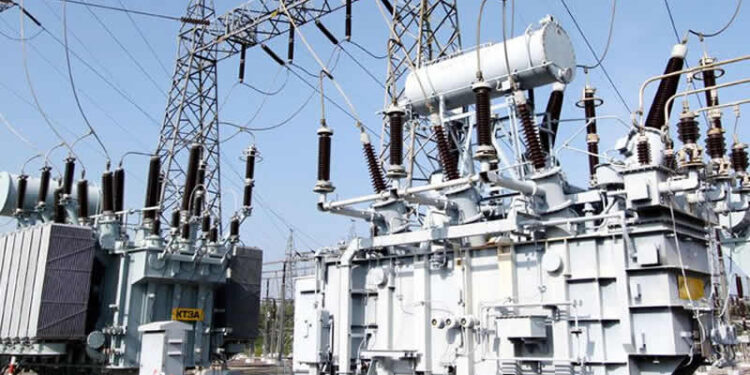The Renevlyn Development Initiative (RDI) has condemned the planned migration of lower electricity consumer bands to Band A by the Nigerian Electricity Regulatory Commission (NERC), warning that the move will worsen energy poverty in Nigeria.
RDI’s position comes following an announcement by Minister of Power, Adebayo Adelabu, who said the government is planning to review the tariff paid by consumers on lower bands by moving them to higher bands.
The announcement has already drawn strong condemnation from various groups, including the Nigeria Labour Congress (NLC) threatening a nationwide action.
In a statement issued in Lagos, the RDI Executive Director, Philip Jakpor, described the planned tariff increase as a “systematic exploitation” of Nigerian citizens.
“It is very unfortunate that at a time the World Bank has rated Nigeria as the country with the largest absolute electricity access deficit, with 45 per cent of the population (90 million) lacking access to the electricity grid, the present administration is doing everything to push more Nigerians into darkness,” Jakpor said.
Jakpor criticized the power sector privatisation of 2013, arguing that it has only resulted in huge costs for ordinary citizens, incessant power outages and collapse of the national grid.
He described the electricity banding system as a class system that ensures only the rich who can afford astronomical costs can have electricity at the expense of the poor.
“How else can you explain a power sector privatisation which has only unleashed huge costs on the ordinary citizens, incessant power outages and collapse of the national grid, large disparities in access between urban areas and rural areas and the forced closure of 25 percent of manufacturing firms according to the Association of Small Business Owners of Nigeria?”
“To further rub salt on injury, the banding of Nigerians into different categories of beneficiaries of electricity is in itself a class system that ensures that only the rich who can afford the astronomical costs can have electricity at the expense of the poor that are barely surviving,” he said.
RDI called for a reversal of the power sector privatisation, advocating for an approach that involves adopting a multi-pronged strategy, incentivising investments in renewable energy, and implementing public-private partnerships to address the sector’s challenges.
“Increasing tariffs will only add to the burdens of Nigerians and sustain the culture of groping in the dark which the privatisation of the sector has unleashed,” Jakpor insisted.
The organization highlighted that even communities hosting gas facilities that feed power plants often do not receive electricity, underscoring the systemic inequities in Nigeria’s power sector.
With the Nigeria Labour Congress planning a nationwide protest against the tariff increase, the debate over electricity pricing and access continues to intensify.

